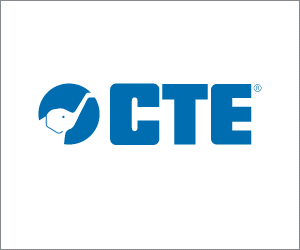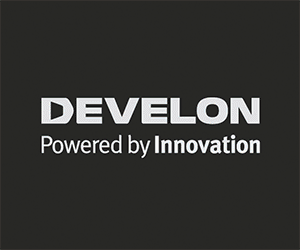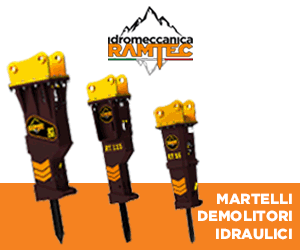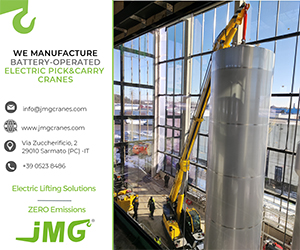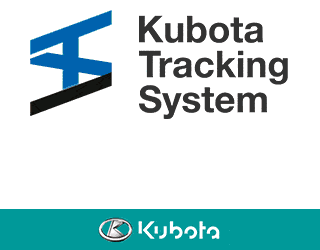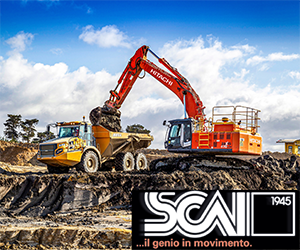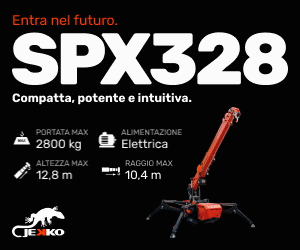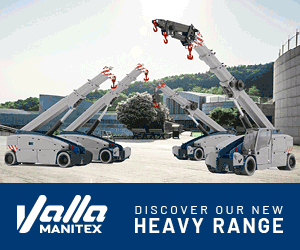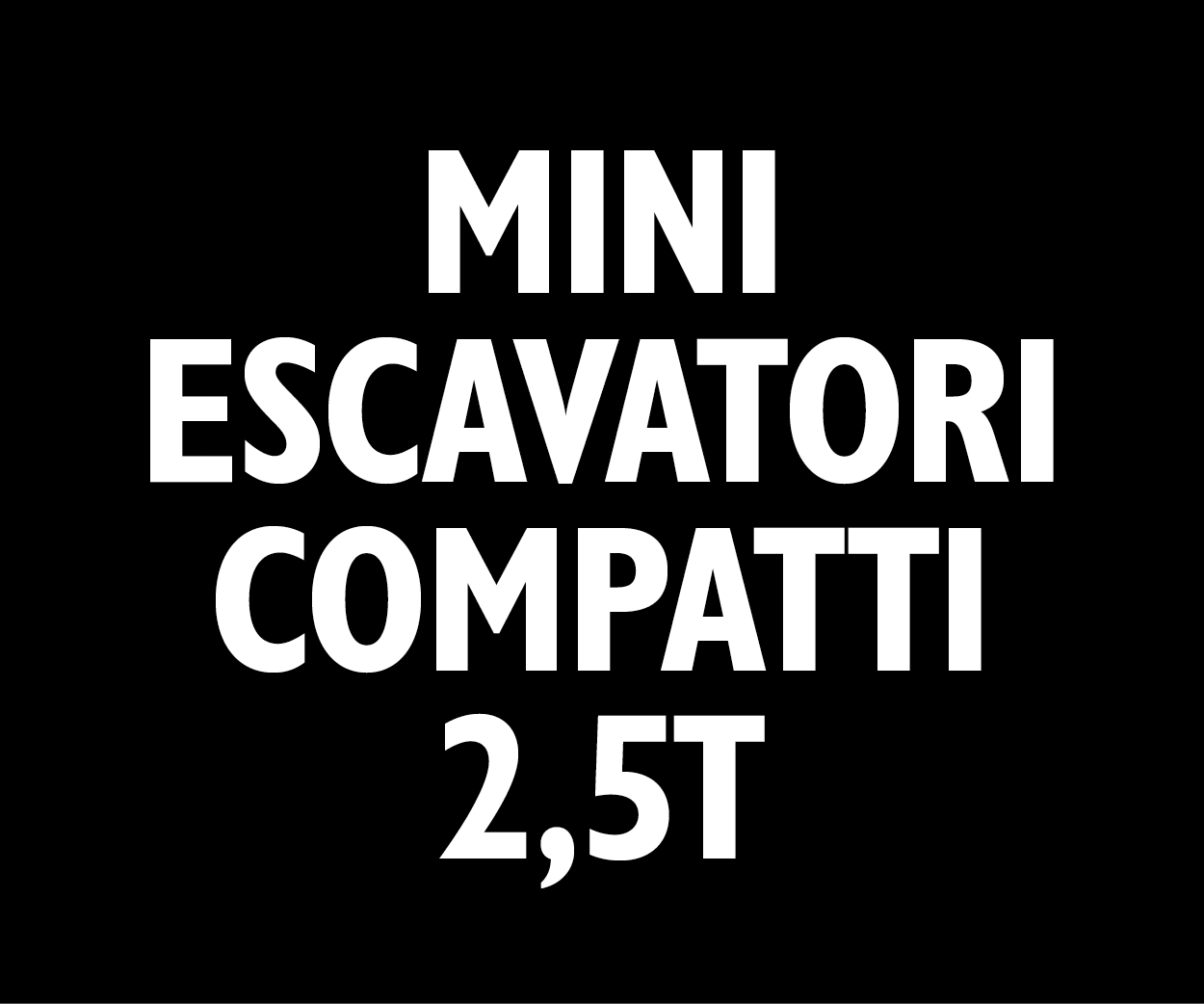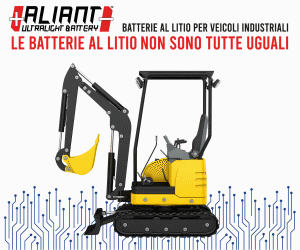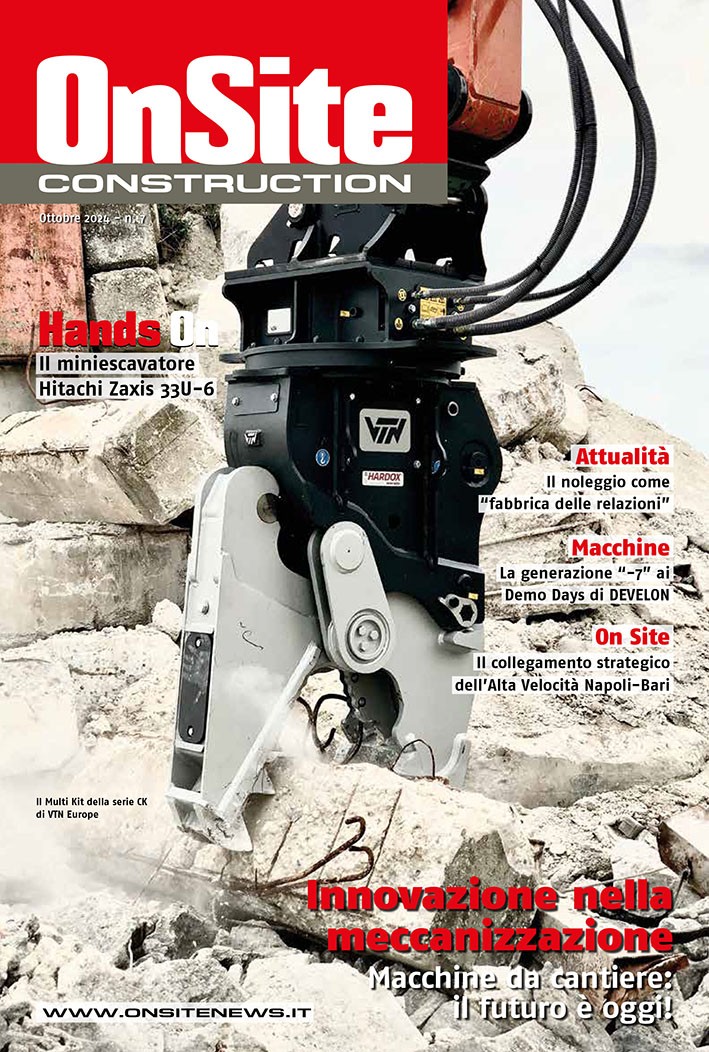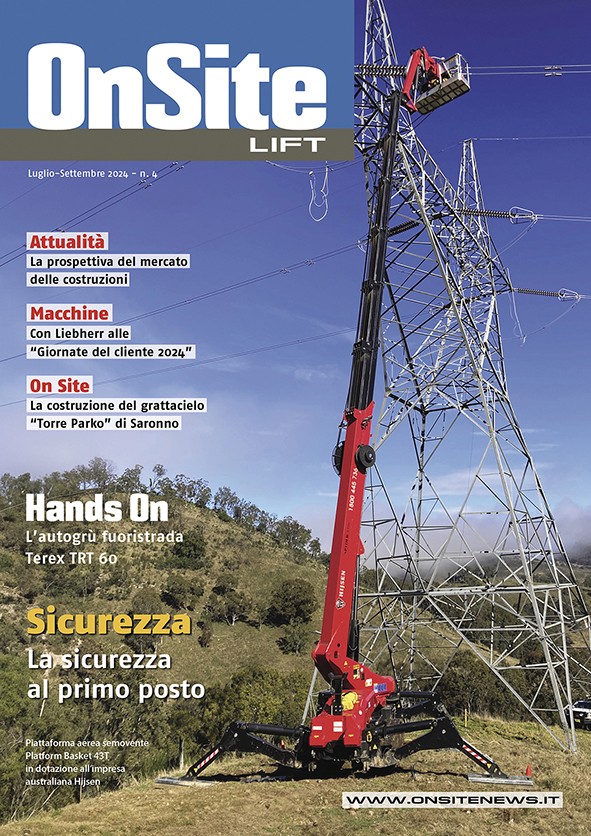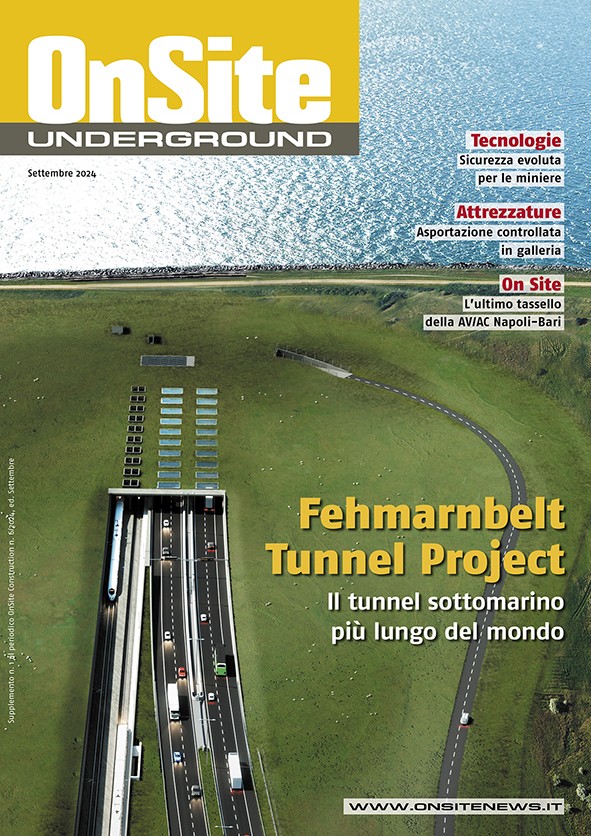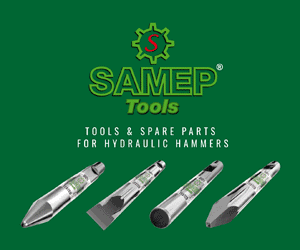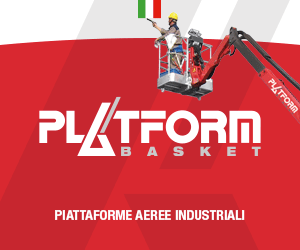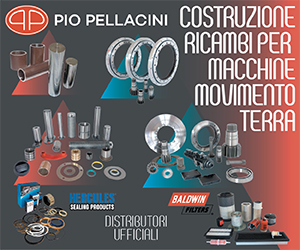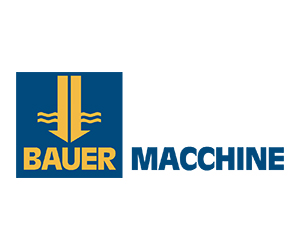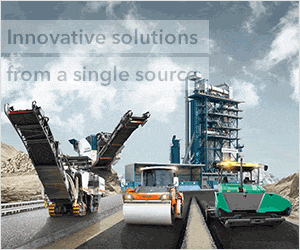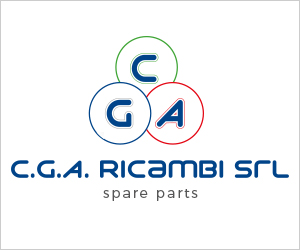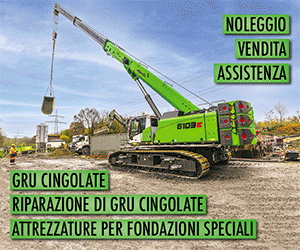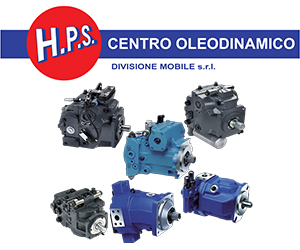Home \ International \ New challenges for the construction industry
New challenges for the construction industry
17/10/2017
Pubblicato da Redazione
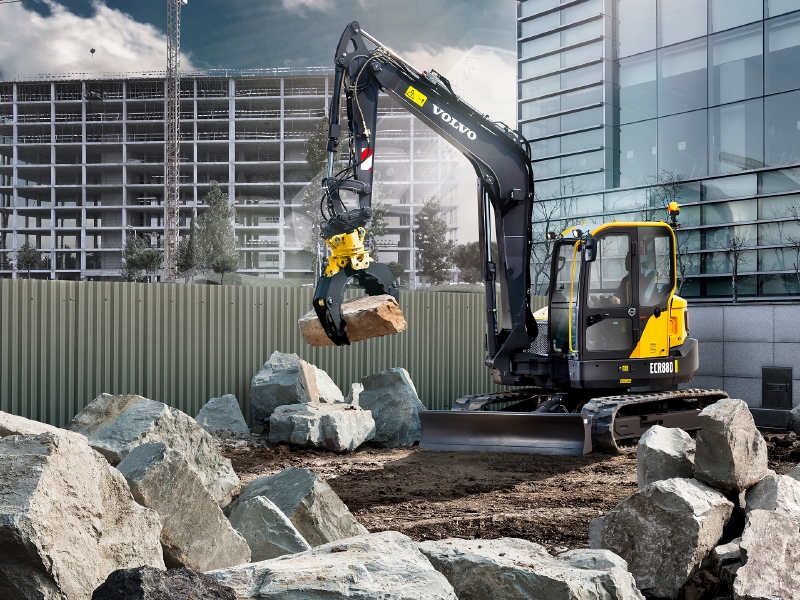
Governments and manufacturers envisioning a diesel-free future for on-road vehicles hit the headlines recently. But how will this impact the construction industry and how will it adapt? Low Emission Zones provide an
Governments and manufacturers envisioning a diesel-free future for on-road vehicles hit the headlines recently. But how will this impact the construction industry and how will it adapt? Low Emission Zones provide an insight.
This July, the automotive industry was rocked by a far-reaching announcement when Volvo Cars stated that all its new cars would be electric or hybrid from 2019 onwards. The following day, the French government announced it would end sales of petrol and diesel vehicles by 2040 as a way to fight against air pollution. A few weeks later, the British government followed with a similar proposal.
But what will these bans mean for the construction industry and off-road vehicles? Construction equipment is largely run on diesel engines and so far, no official announcements have been made concerning their use once these bans come into effect. While decisions are yet to be made on what a diesel-free future means for construction equipment, Low Emission Zones (LEZs) currently provide an insight into how urban construction projects can have a less harmful effect on air quality right now.
Air pollution is a contributing factor for hundreds of thousands of premature deaths in Europe each year and diesel emissions have been classified as carcinogenic by the World Health Organization. Therefore, reducing emissions from diesel engines is an important factor for improving health. In areas where air pollution levels are considered dangerously high, Low Emission Zones seek to improve the air quality and make it safer to breathe, by regulating the most polluting vehicles. These LEZs are almost exclusively found in city centers. The European Union sets emission standards that define the acceptable amount of pollution that can be emitted by the exhaust of a vehicle sold in the EU and EEA member states. Depending on the area, vehicles with higher emissions either cannot enter the area at all, or have to pay a fee if they do.
To avoid the expense – real or perceived – of having to pay fees to bring construction machines into restricted areas, construction equipment firms are increasingly being asked by customers to fit a Diesel Particulate Filter (DPF) to machines, to reduce the diesel particulate matter (black soot) from the exhaust gas of a diesel engine. “In recent years, there has been a definite upswing in requests for DPFs to be fitted to machines that are working in urban development and don’t have them as standard”, says Kurt Deleu, Director of Regional Sales Support (Europe) at Volvo CE. “But it’s important to mention, this is not always a clear legal requirement [of working in the LEZ]”.
If it’s not a legal requirement, why the requests? It seems Volvo CE customers are simply preparing for the future. “DPFs are currently seen as an extra precaution in response to a perceived need to meet regulations in Low Emission Zones,” Deleu adds. “But as regulations around Low Emission Zones continue to become stricter, it’s likely this trend will continue”.
The tricky thing about Low Emission Zone requirements is that they are not harmonized across the EU – and instead are governed by different local and/or country level regulations. For now, construction equipment manufacturers like Volvo CE are dealing with requests for DPFs on machinery on a case-by-case, and country-by-country basis. “All Volvo CE machines comply with EU emissions regulations, but at present DPFs are only fitted as standard to the EW60E compact wheeled excavator and ECR88D mini-digger and as an option for the ECR58D in the smaller machine category”, confirms Deleu. Meeting the needs of customers remains the highest concern for Volvo CE, which is currently investigating factory solutions for all of its smaller machines. Volvo recently demonstrated the EX2 prototype – a fully electric compact excavator that delivers zero emissions, 10 times higher efficiency and 10 times lower noise levels – at the Volvo Group Innovation Summit in London earlier this year. It is believed to be the world’s first fully electric compact excavator prototype. While the concept machine is purely a research project at this stage, Volvo CE continues to develop technologies connected to electromobility, intelligent machines and total site solutions that benefit customers and the environment. “Considering the seriousness of air pollution, and the moves governments are making to highlight it, this is an area we believe will continue to be high on the agenda and one we are committed to finding solutions for”, Deleu concludes.

Ultime notizie di Volvo CE Italia
Earthmoving Machinery
19/09/2024
Volvo CE inaugurates new facilities to support production of electric wheel loaders in Arvika
The industry shift has taken another exciting leap forward a...

Components
26/06/2024
Operator connectivity with Volvo CE'"My Equipment" digital tool
"My equipment" is a new digital solution from Volvo Construc...
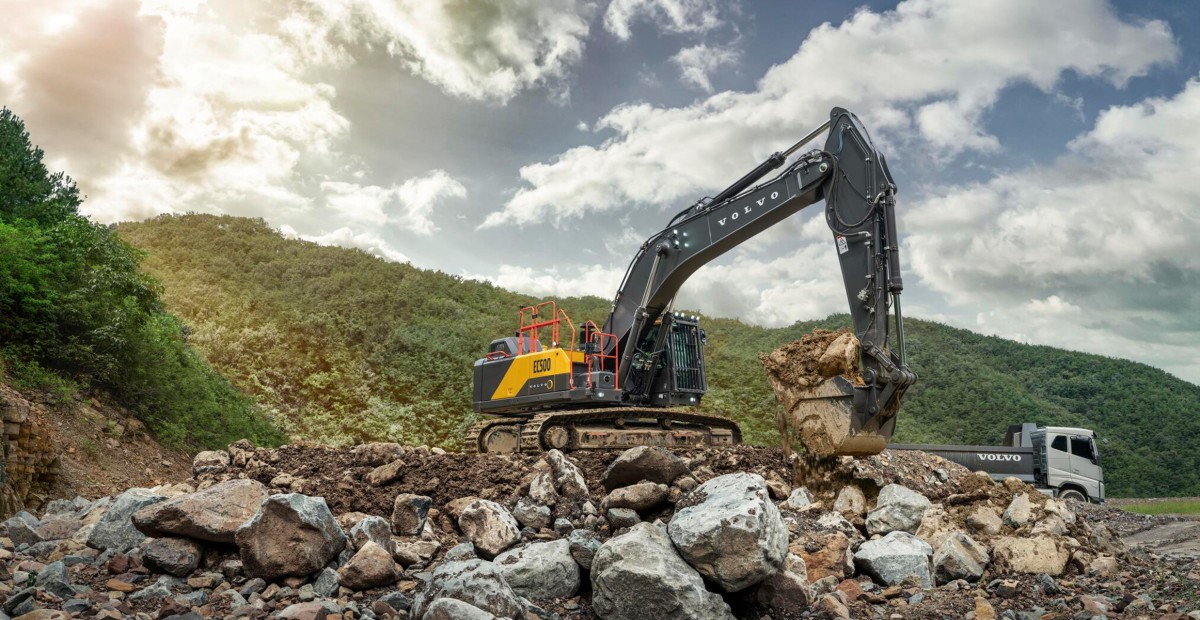
Earthmoving Machinery
17/06/2024
New Volvo excavators elevate customer productivity
A new range of excavators from Volvo Construction Equipment...
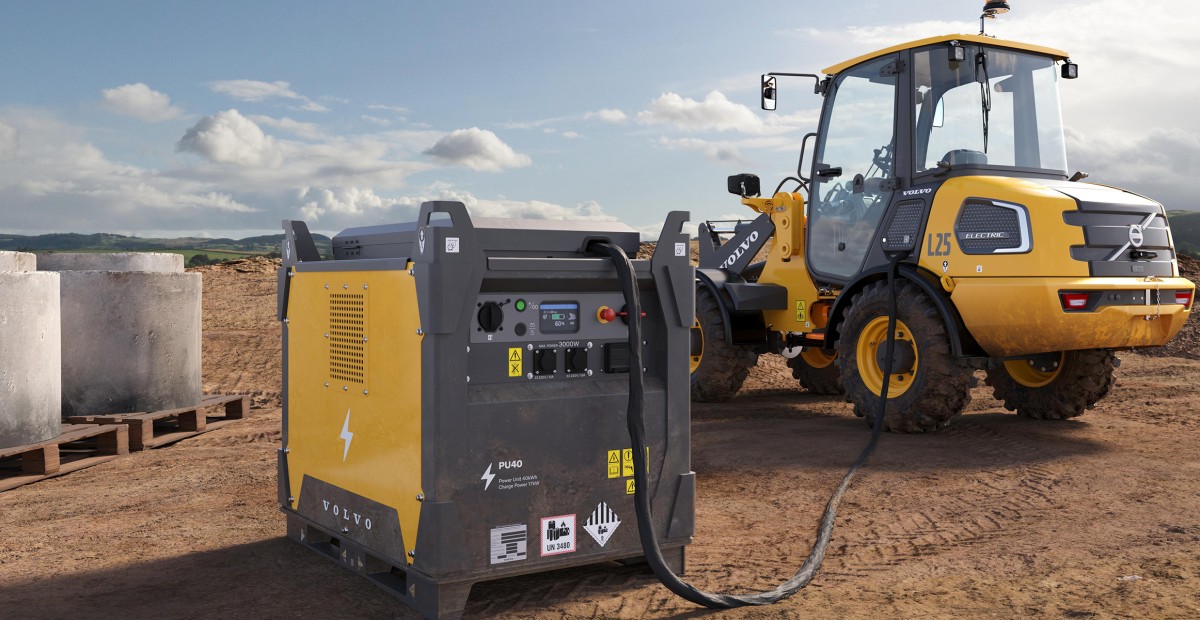
Equipments
10/06/2024
Innovative mobile charging solution from Volvo CE set to transform off-grid work
Volvo Construction Equipment (Volvo CE) is launching a new s...
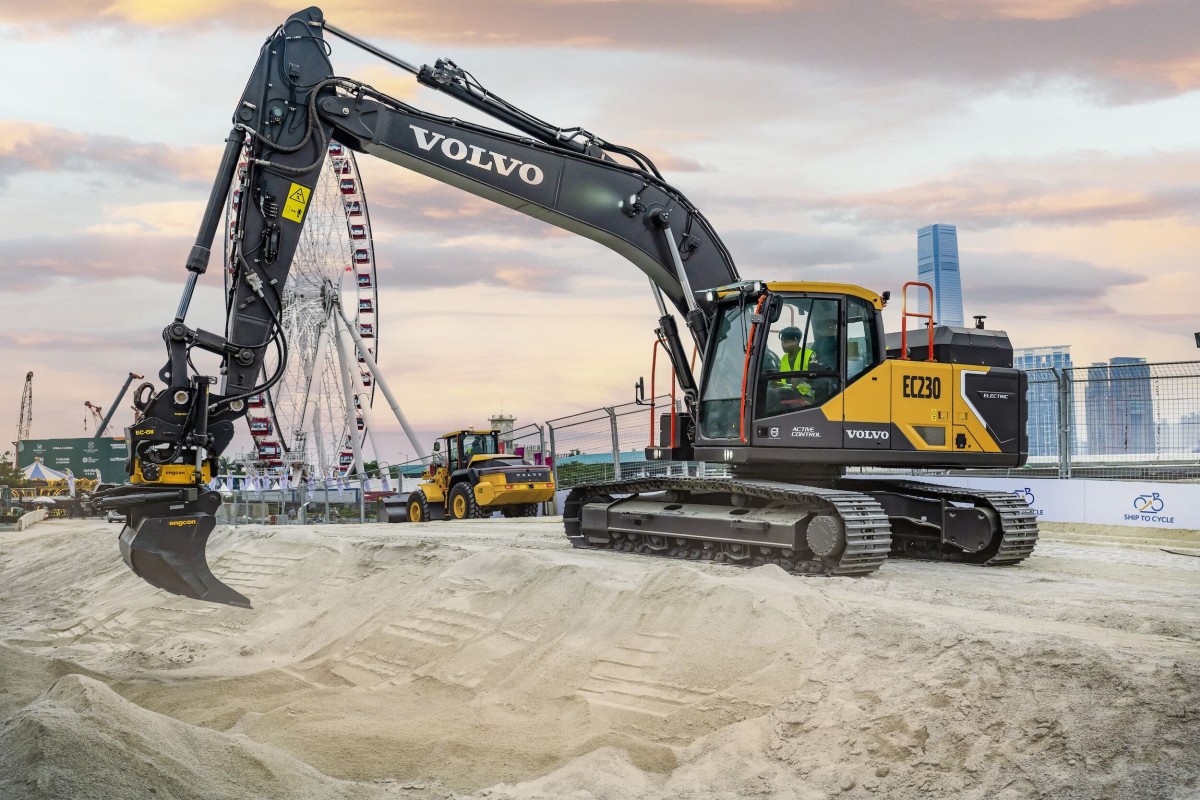
Earthmoving Machinery
29/05/2024
Volvo CE: the catalogue of Product Carbon Footprint
Volvo CE empowers customers with industry’s most extensive c...
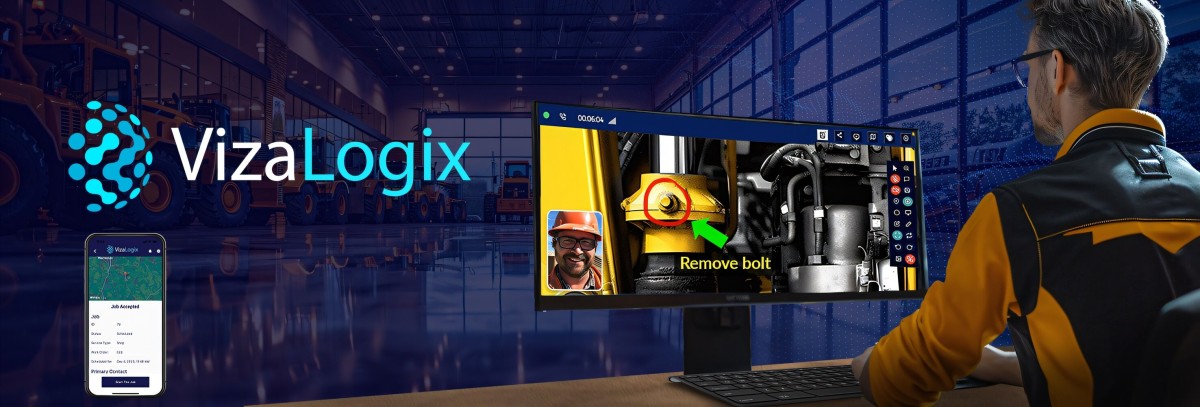
Earthmoving Machinery
17/05/2024
Volvo CE has taken a 22% ownership stake in VizaLogix
Volvo CE has taken a 22% ownership stake in VizaLogix, a US-...
Altri International
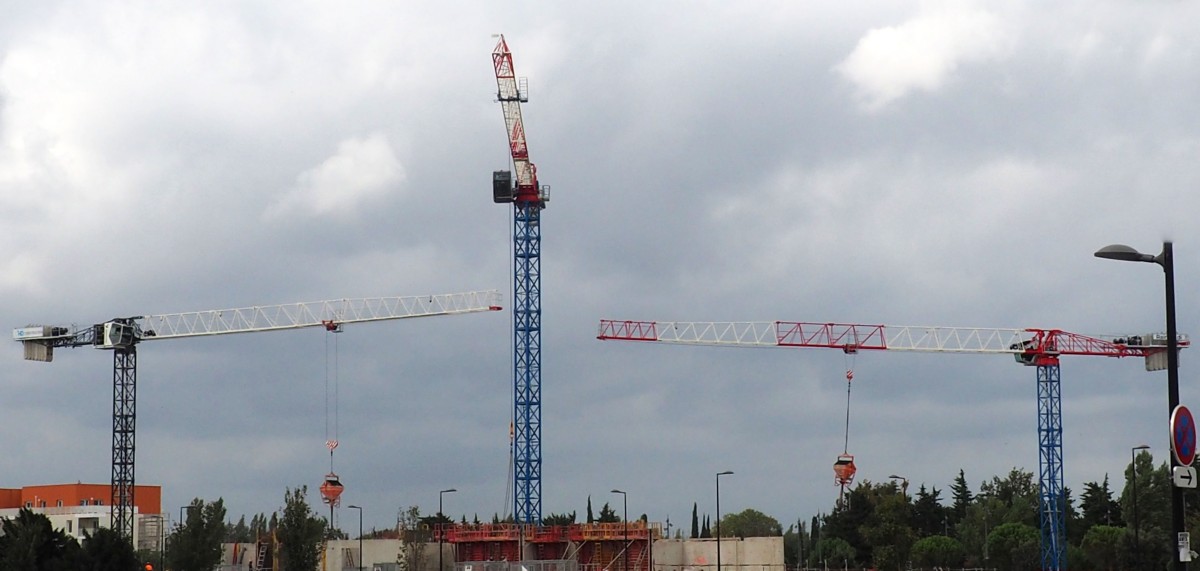
International
23/11/2024
GPMat International takes delivery of two Raimondi T147s residential development in the South of France
- Official agent of France expands its product lineup with t...
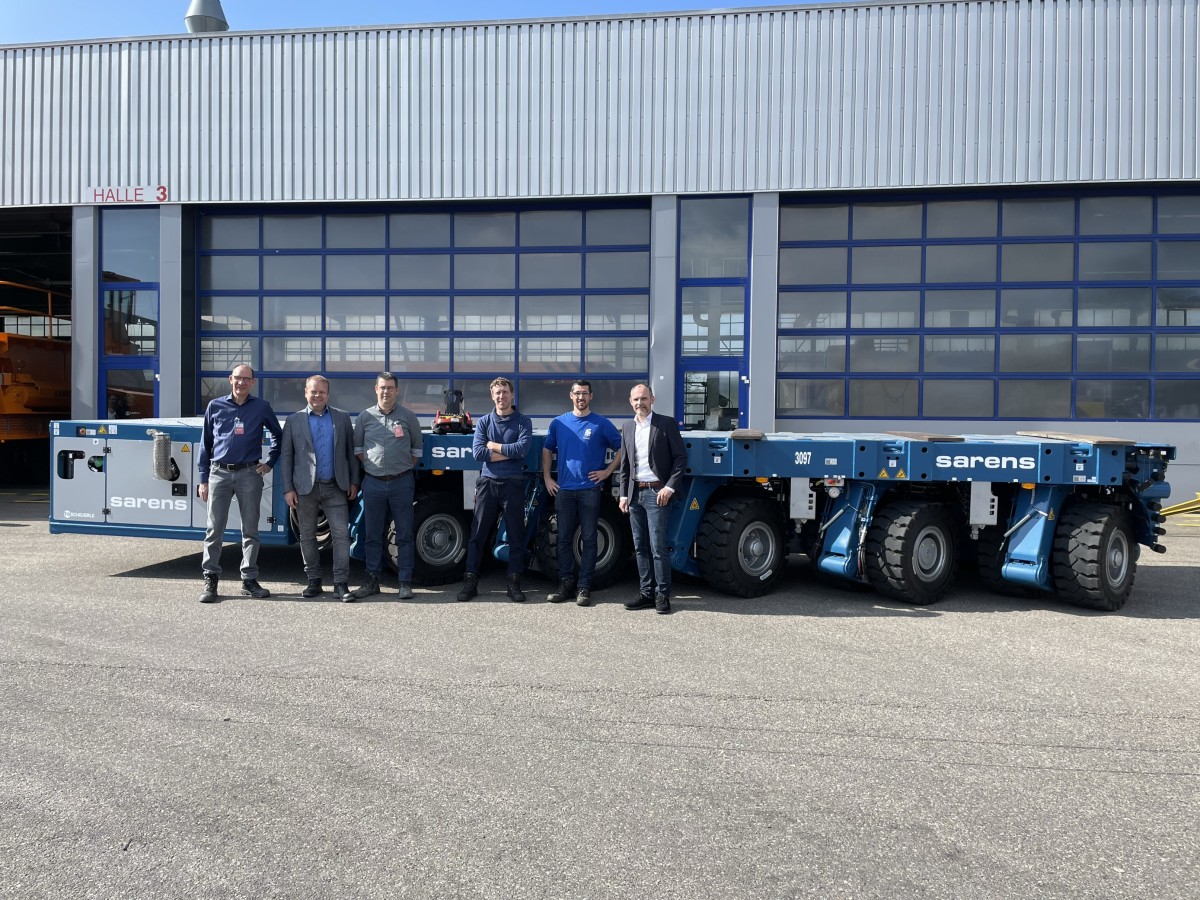
International
22/11/2024
Sarens acquires additional SCHEUERLE SPMT K24 modules
renowned for its expertise in crane rental services, heavy l...
International
22/11/2024
Five WOLFF cranes modernize Oslo’s Ulven district
With a total of five WOLFF cranes of type 7534.16 Clear, Wol...
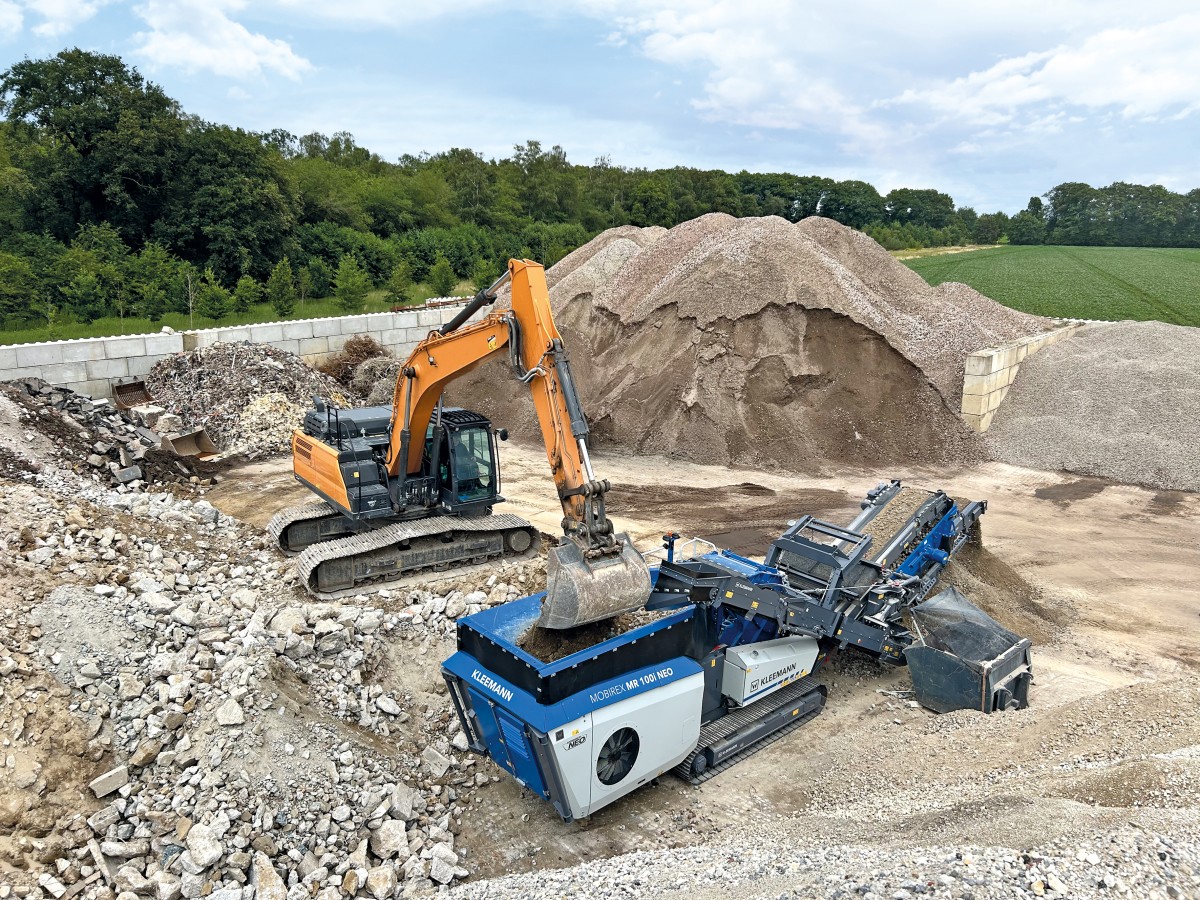
International
21/11/2024
Kleemann: New compact crusher used for recycling
Impact crusher MOBIREX MR 100i NEO impresses during operatio...
International
21/11/2024
SITECH partners with Royal Engineers to create poppy and demonstrate tech offering
The demostration involved creating a ground-level poppy desi...
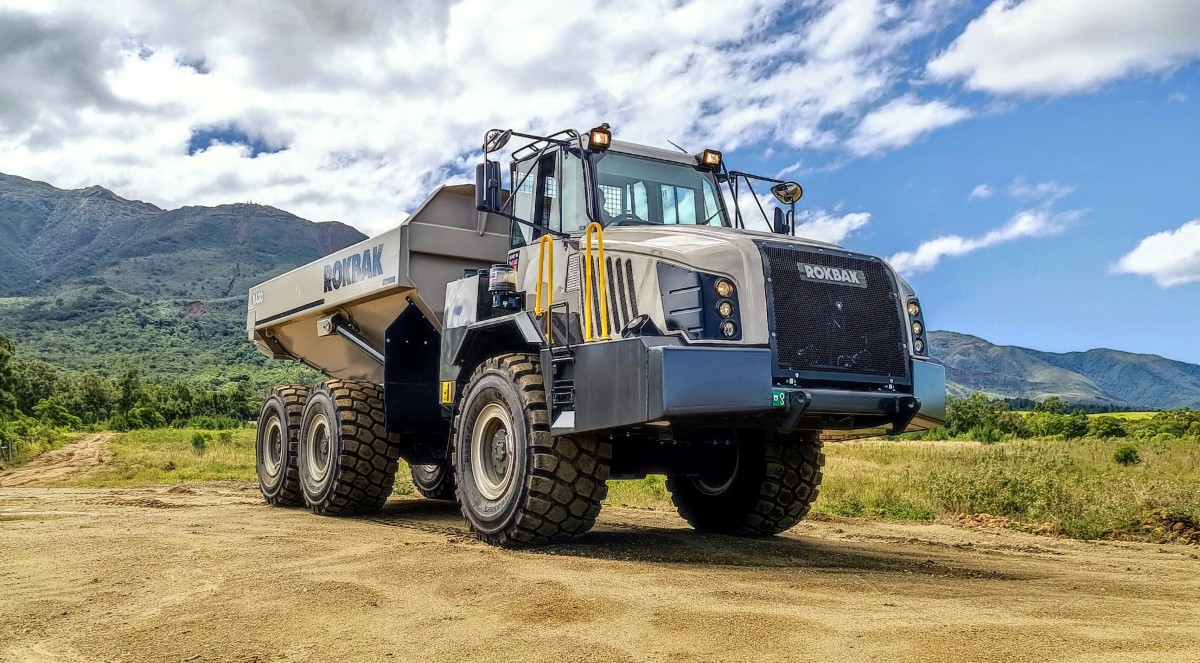
International
20/11/2024
Strong and stable RA30 trucks carry the weight at New Caledonian mine
Three Rokbak RA30 trucks are delivering exceptional durabili...











